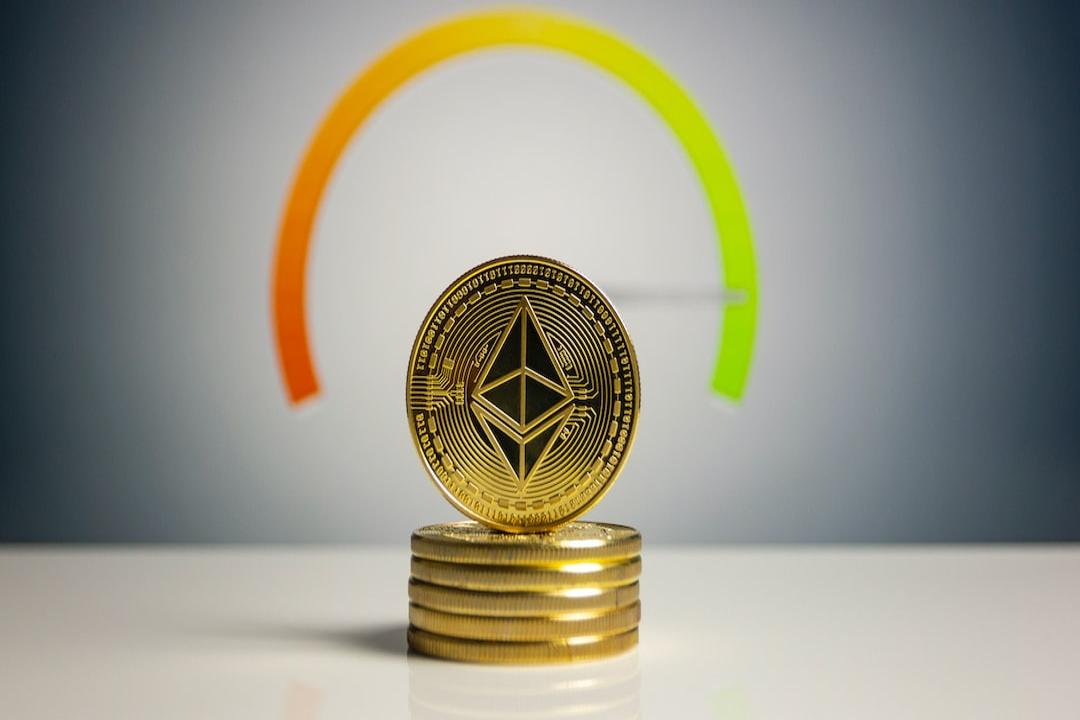Authored by: Deep Tide TechFlow
“In the world of cryptocurrencies, it’s all about making money, who has time for games.” This consensus among investors, when looked at from a different angle, suggests that traditional gamers probably wouldn’t be thinking about making money.
However, the reality shows that no one can resist a free lunch. Within the community, games like Notcoin and Hamster Kombat have popularized the “click to earn” free game mode; similarly, this trend of easy money has also reached the most popular platform in the traditional gaming community, Steam.
In recent weeks, a free game called Banana on Steam has suddenly gained immense popularity, to the point of being absurd. According to official Steam data, at the time of writing this article, Banana had over 750,000 concurrent players, topping the list of most-played games on Steam.
Being punched and kicked by Banana, classics like CS2, DOTA, PUBG, and Destiny 2 are left behind on the leaderboard, games that are well-known even to non-players for their gameplay and competition.
What’s even more interesting is that this Banana game is only 60MB in size, truly a small game. Choosing to play Banana over popular games, what’s the catch?
Steam’s version of Notcoin, where you earn money with just a few clicks. Games may be different, but human nature is universal.
Banana is a typical free game where there’s no learning curve, similar to Notcoin, all you have to do is click and start expecting to make money.
In terms of gameplay and interface, this Banana game is even simpler than Notcoin: you are given an image of a banana that you can click on using your mouse; with each click, the number on the banana increases, that’s it.
By clicking, you can make a normal banana drop after 3 hours, and a special quality banana drop after 18 hours. The main gameplay then becomes: enter the game, click on the banana, wait for a while, and collect the bananas.
For readers unfamiliar with Steam, the platform has a “Inventory” feature where playing a game may drop related items into your inventory; these items could be badges or items related to the game, essentially souvenirs that enhance player engagement and retention.
However, the dropped bananas in this case smell more like money than souvenirs.
With Steam’s built-in marketplace, you can directly list the dropped bananas for sale. The question then arises, how much are different types of bananas worth?
Does this sound a bit like the NFT market? The valuation of a virtual item is completely market-driven, based on supply and demand.
Currently, the most expensive banana on the market is called Crypticnana, priced at 8300 RMB. Considering the game is completely free, this price is very attractive.
It’s speculated that some savvy traders have already sensed the profit potential and engaged in various price manipulation activities.
Clicking, dropping items, selling items, and even engaging in trading and market-making around items, who says the gaming community doesn’t involve speculation?
However, buying and selling bananas on Steam incurs a high transaction tax. For virtual items sold for over $10, the final cut is above 5%, somewhat similar to the 5% fee on Opensea.
The tax naturally means that high-priced bananas have lower liquidity and turnover, while lower-priced bananas have higher liquidity and faster turnover. Additionally, some special bananas have cultural value, like the dog banana shown in the image below, with its obvious connotations.
Speculation is inherent
In the crypto world, even a seemingly harmless game like Banana can create a good interactive interface and trading market for speculation, where virtual items can generate significant speculative value.
In the realm of speculation, the stigmatization of the crypto world and Web3 is inevitable, as it provides ample opportunities for speculation.
However, the Banana game on Steam also proves that speculation is not always tied to the crypto world, but rather that any platform with space for speculation will inevitably attract it.
No one can resist the temptation of making money with just a few clicks, and on the widely known platform like Steam, the Banana game is still running rampant.
Web2 and Web3 have never been in opposition. In a world with different information structures, speculation thrives.
This article is authorized for reposting from Deep Tide TechFlow.

